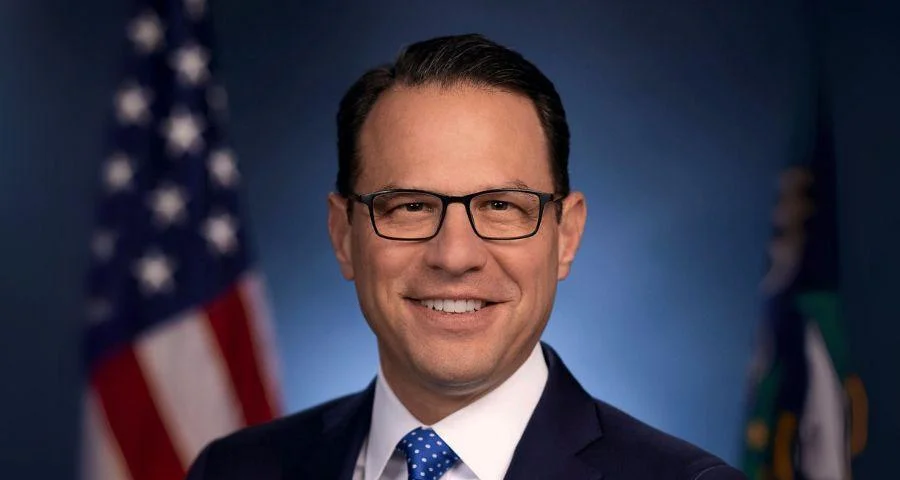
Emily Tate Sullivan Senior Reporter | EdSurge Research
Young adults in the United States are increasingly facing challenges in accessing books that reflect their experiences due to book bans and restrictions. These issues arise particularly in areas where laws limit what educators can discuss on controversial topics, as well as in regions with underfunded public services.
In response, several urban library systems have launched initiatives to provide access to these restricted materials. Since 2022, the Brooklyn Public Library has been running a program called Books Unbanned, allowing young readers aged 13 and above to access a wide range of books digitally. "It’s our entire book collection," said Amy Mikel from Brooklyn Public Library, highlighting the extensive access provided by the program.
The American Library Association reports a significant increase in book censorship efforts, with more than 2,452 titles challenged in 2024 alone. This rise is linked to recent Supreme Court rulings and legislative actions that empower parents to exclude their children from certain educational content.
Brooklyn's initiative is not isolated; other libraries like Seattle Public Library and LA County Library have developed similar programs with varying levels of access based on funding and licensing agreements. For instance, Seattle's program offers broader access compared to LA County's geographically limited offering.
Libraries such as Boston Public Library focus on providing access specifically to frequently challenged or banned titles. They encourage young adults nationwide to apply for multiple e-cards across different programs for maximum benefit.
The issue of censorship extends beyond just availability; it includes self-censorship by teachers and librarians wary of repercussions from state-specific legislation affecting educational content. Jennifer Jenkins from San Diego Public Library noted a "chilling effect" causing more conservative choices by default among educators.
Books Unbanned aims to protect First Amendment rights by ensuring private reading opportunities through digital means despite technological barriers faced by some users. The initiative highlights ongoing concerns about vendor software compliance with restrictive legislation and its impact on user privacy.
InterLibrary Loan services face potential threats due to budget cuts proposed during the Trump Administration, which could exacerbate accessibility issues for rural communities reliant on digital resources from urban libraries participating in Books Unbanned.
Despite these challenges, libraries continue seeking new participants for their programs while relying on private funding amidst pressures favoring bans. As Melissa Andrews from Boston Public Library stated, although proud of such initiatives, they serve only as temporary solutions amid broader censorship debates: "[H]opefully it helps right now."


 Alerts Sign-up
Alerts Sign-up